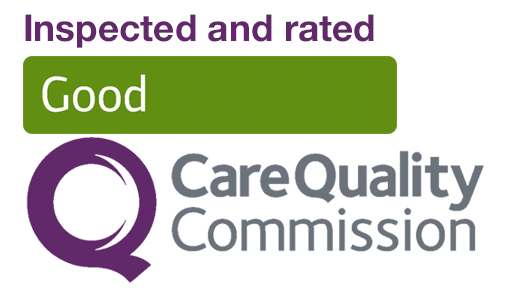When you’re pregnant, it’s critical to eat enough to provide your developing baby with the nutrients he or she needs to grow strong. Most physicians advise pregnant women to acquire a little weight, but what should you do if you are already obese?
Obese women are more likely to experience pregnancy problems such as preeclampsia and gestational diabetes. Their children are also at a higher risk of preterm birth and birth abnormalities. Previously, doctors were hesitant to recommend weight loss during pregnancy for obese women for fear of harming the foetus. However, new study indicates that obese women may safely exercise and eat to reduce weight without negatively impacting their baby’s health.
Is it okay to lose weight when pregnant?
A recent study published in the British Medical Journal Trusted Source discovered that obese women who were given diet and exercise advice throughout their pregnancy had better outcomes for both mother and baby. The ladies were instructed on how to follow a balanced diet, keep a food diary, and engage in modest physical exercise such as walking.
The study discovered that these treatments, particularly dietary adjustments, were related with a 33% lower risk of preeclampsia and a 61% lower risk of gestational diabetes. Eating well also lowered the risk of gestational hypertension and premature birth.
If you have obesity and are pregnant, your pregnancy may be the ideal time to start over with a healthy lifestyle.
What are the hazards of being pregnant and obese?
Obesity raises your chances of having difficulties during pregnancy. The greater your BMI, the more likely you are to have the following conditions:
Miscarriage, gestational diabetes, high blood pressure, and preeclampsia, as well as blood clots and more bleeding than usual after birth. These issues can affect any pregnant woman, whether she is obese or not. However, when one’s BMI rises, so does the danger.
What happened with baby’s health, When obese women will get pregnant?
Obesity may also raise your baby’s chance of health problems. Your infant may experience the following issues:
- Being born prematurely (before 37 weeks)
- Birth abnormalities such as spina bifida are associated with a greater birth weight and increased body fat at birth.
- Greater chance of developing a chronic condition early in adulthood, such as heart disease or diabetes.
What if I lose weight early in my pregnancy?
It is typical to lose weight during the first trimester of pregnancy owing to:
- Irritable bowel syndrome.
- Morning sickness is a major cause of weight loss in the first trimester.
- The nausea might lead you to lose your appetite, and vomiting can cause you to lose calories.
- Don’t worry, your kid will get all the calories and nutrients he or she requires at this point.
- Reserves of fat
Overweight women have an extra reserve of calories in stored fat, so it’s not hazardous to maintain or even drop a little weight at first while your baby grows.
Can I diet when pregnant to reduce weight?
Pregnancy is not the time to start a weight-loss regimen, regardless of your current weight. Restricting your food consumption might be harmful to both you and your growing kid. To maintain a healthy pregnancy and infant, you must consume enough calories and nutrients.
Also, avoid carbohydrate-restricted diets like Keto and Atkins. Your growing baby requires carbs, and the ketosis generated by these diets can be harmful to a developing foetus.
By eating healthily and exercising consistently during pregnancy, you can maintain your weight increase within your ideal range. Make every effort to:
Consume well-balanced meals and healthful snacks. Drink an average of ten 8-ounce glasses of water every day to stay hydrated.
Choose complex carbohydrates over simple carbohydrates like white bread, white rice, and white pasta, such as beans, fruits and vegetables, and whole grains.
Check in with your doctor about your weight to make sure you’re on track. Read our post on how to prevent gaining too much weight during pregnancy for additional information.
Weight loss during pregnancy: What to Look Out For
Loss of weight during the second or third trimester may indicate a problem. Weight loss can be innocuous in some situations (as a result of water loss after temporary retention, for example), but it’s crucial to notify your provider.
They’ll analyse your food and activity patterns, as well as inquire about symptoms like nausea, heartburn, bloating, and constipation, which might naturally deter pregnant women from eating. Your doctor may also want to run tests to see whether you have depression or foetal growth restriction.
Also, notify your provider right away if you experience a sudden severe weight reduction, such as five pounds in a week.


